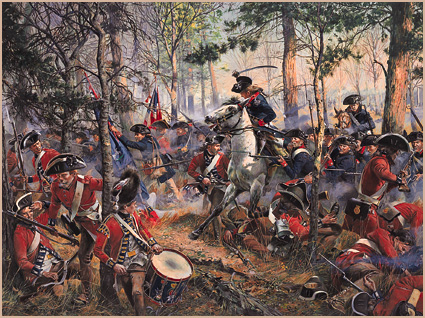18thCenturyMage/Alternate Combat Rules

In this Mage game, there have been a few changes to the way the core nWoD rules work. These can be divided into two categories; the changes to skills, and the changes to combat and health levels.
Skills
This conversion has an altered set of skills for characters to use; these are detailed in below.
Mental: Academics, Crafts, Investigation, Medicine, Occult, Politics, Religion, Science.
Physical: Athletics, Brawling, Firearms, Larceny, Riding, Stealth, Survival, Weaponry.
Social: Business, Empathy, Expression, Intimidation, Persuasion, Socialise, Streetwise, Subterfuge.
Additionally, in this game, characters do not suffer a penalty to their dice pool when attempting an untrained skill use; they simply roll their attribute plus any other modifiers as normal.
If a character's dice pool would be reduced down to 0 or less by modifiers, they roll a chance die as normal. However, rolling a 1 on this die does not result in a dramatic failure; it simply results in a normal failure.
Why these changes? The core nWoD system punish unskilled attempts and already small dice pools excessively with the untrained and dramatic failure rules, and put undue emphasis on possessing the first dot in a skill (for mental skills, that one dot signifies a 4-dice swing in pool size). These changes give characters more all-round competence, and encourage characters to attempt actions even if only with a low margin of success.
Dramatic Failure
If a player character rolls 0 successes on a dice roll, they may choose to have the outcome be a dramatic failure. Doing so results in a dramatic failure occurring, as per the usual nWoD rules, and the character immediately recovers 1 point of Willpower. A player may only volunteer for a dramatic failure in this way once per story, and only at the group's discretion; a given dice roll may have no viable dramatic failure outcomes, and thus be inappropriate for this rule.
Why these changes? The existing nWoD dramatic failure rules do not, in fact, occur at dramatic moments; instead, they only happen under circumstances of near-certain failure anyway. This change offers players a way to get their characters embroiled in more trouble for a small reward. A GM may wish to offer 1 experience point rather than Willpower, depending on the type of experience distribution that occurs in their game.
Combat & Health Levels
In this conversion, weapons do not add their Damage rating to a character's dice pool when making an attack. All other factors in calculating the attack dice pool, including aiming, range and cover, occur as usual. If any successes are scored, then the target takes a number of health points of damage equal to successes on the attack roll plus the weapon's Damage rating.
For example, a British soldier fires on a mercenary with a musket, a weapon with a Damage rating of 2L. His attack pool is 7 dice (3 Dex + 3 Firearms + 1 for Aim) and he rolls 2 successes. The mercenary takes 4 health points of Lethal damage (2 from successes and 2 from the Damage rating).
Wearing physical armour gives a character an Armour rating. This rating does not penalise an attacker's dice pool; instead, each point of Armour subtracts one from the total damage taken. This can reduce the total damage taken down to zero.
For example, the mercenary is wearing heavy infantry armour, which has an Armour rating of 1. He subtracts 1 from the 4 points of damage taken, resulting in 3 points of Lethal damage being inflicted on his health track.
Mage Armour works as stated in the Mage core - it reduces the dice pool of the attacker.
Why these changes? The alterations to how weapon damage works resolves the problem in the core nWoD system of heavier or harder-hitting weapons being statistically more accurate.